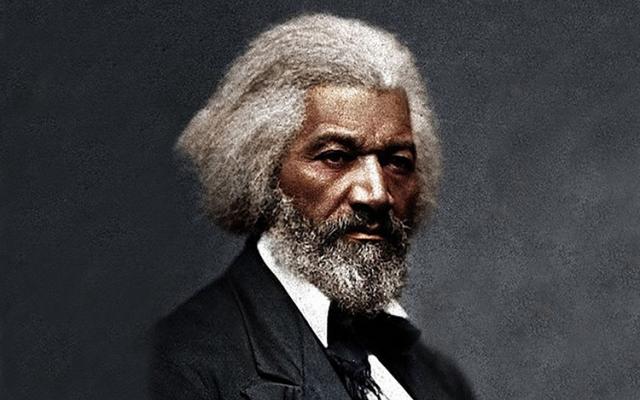
Between 1790 and 1860, over 20 black abolitionists visited Ireland where they lectured and helped to build a strong transatlantic anti-slavery movement. For many, including Frederick Douglass, it was a ‘transformative’ experience, feeling both safe and equal for the first time in their lives. But how did these men and women, many of whom were not only self-emancipated, but self-educated, survive? What strategies did they use? Through an ingenious retelling of their stories using a variety of original approaches, these abolitionists proved adept at negotiated barriers, creating opportunities, and taking risks, even though failure could prove to be life-threatening. This talk explored the visits of a number of Black abolitionists to Ireland and show how they developed innovative ways to tell their own stories.
Watch the webinar on YouTube [1:01:02]
Watch more Keller videos on YouTube